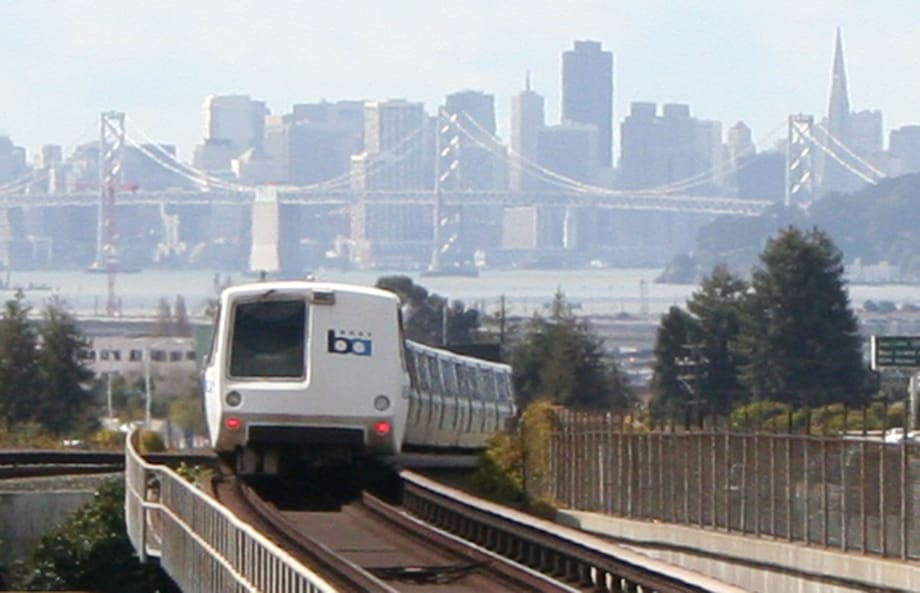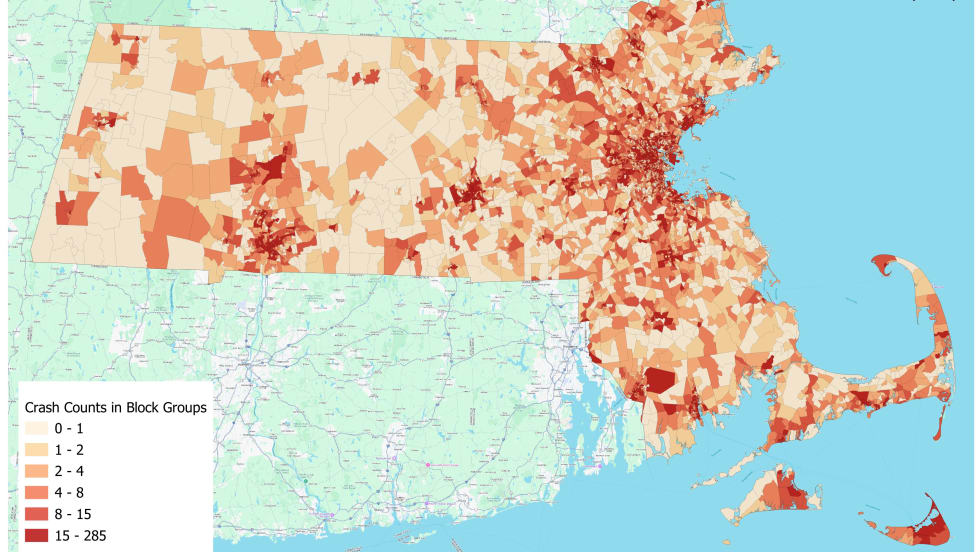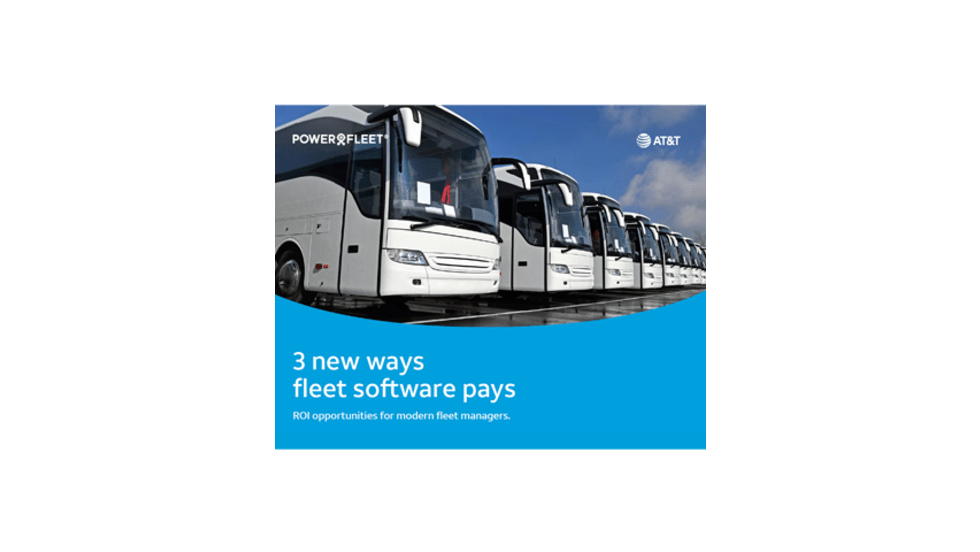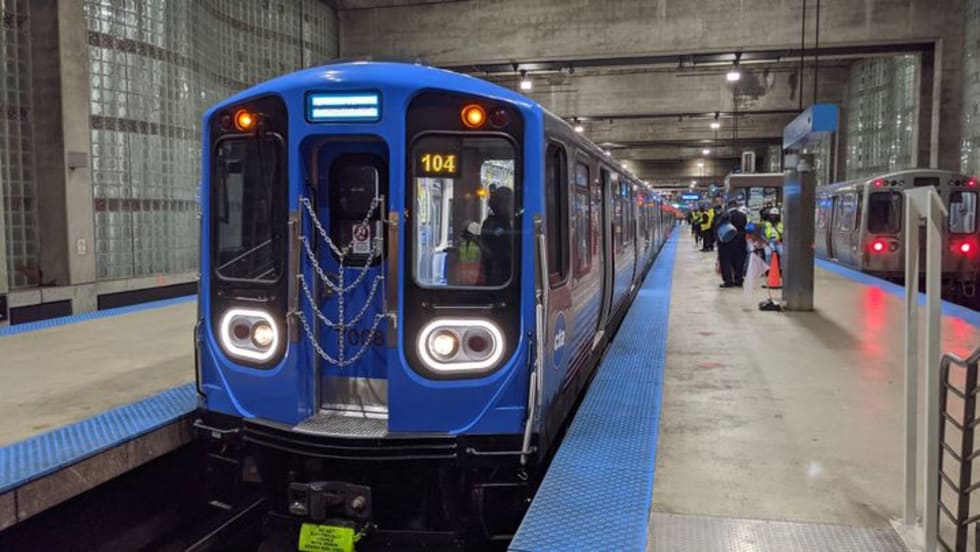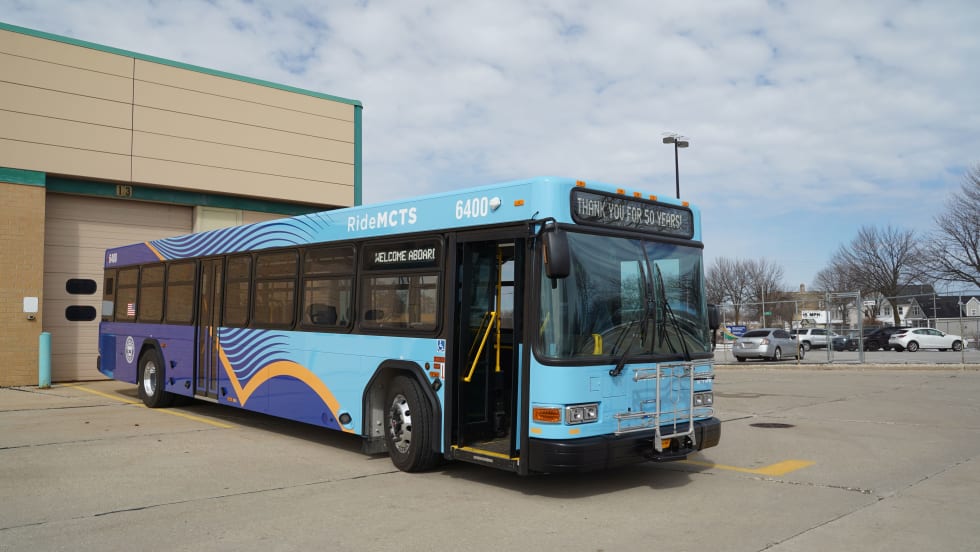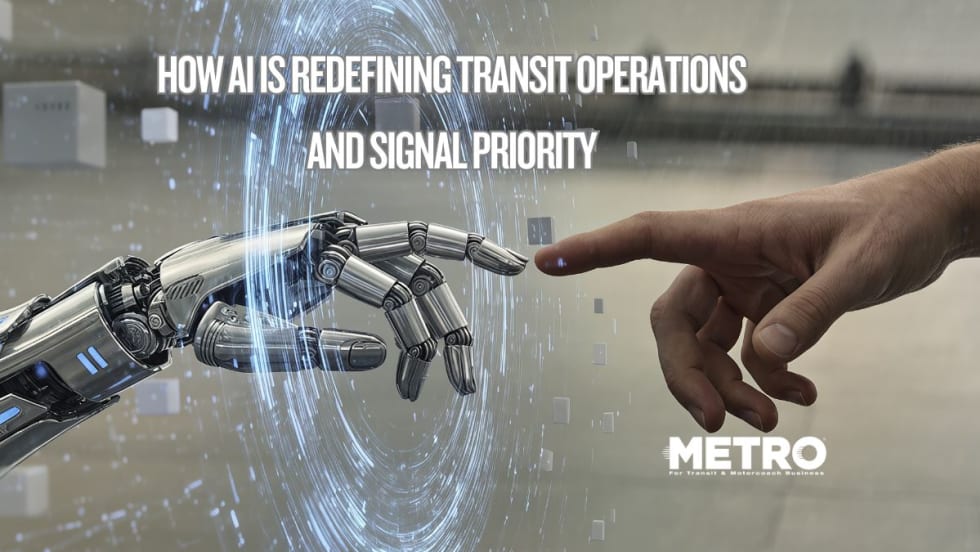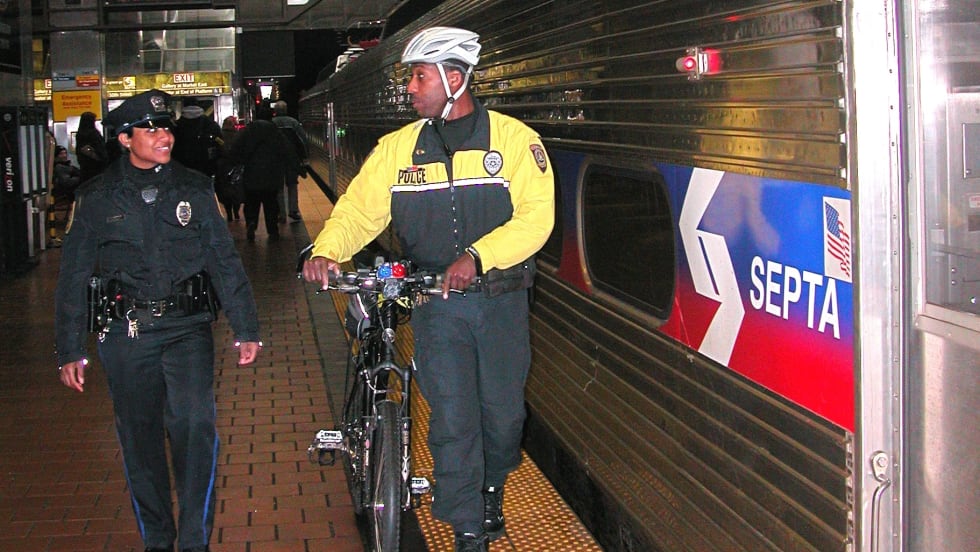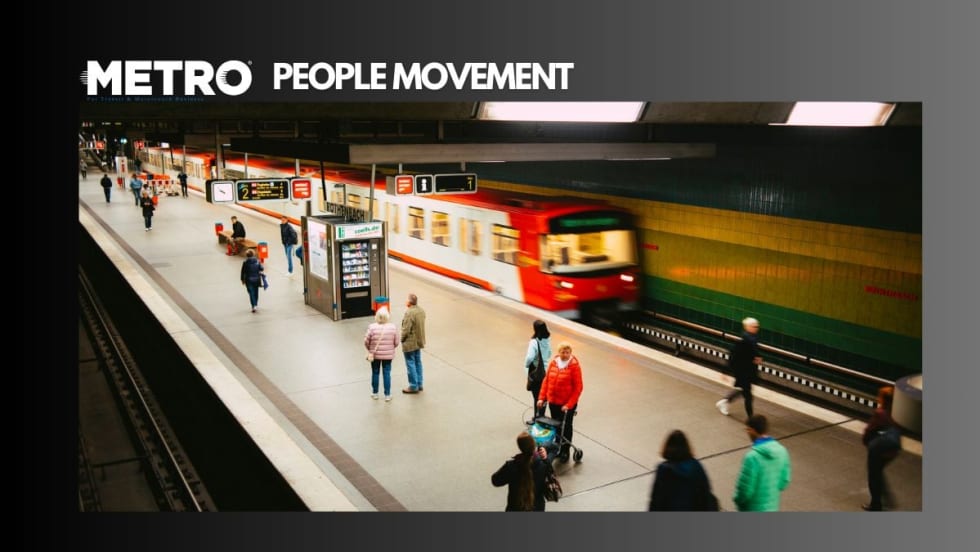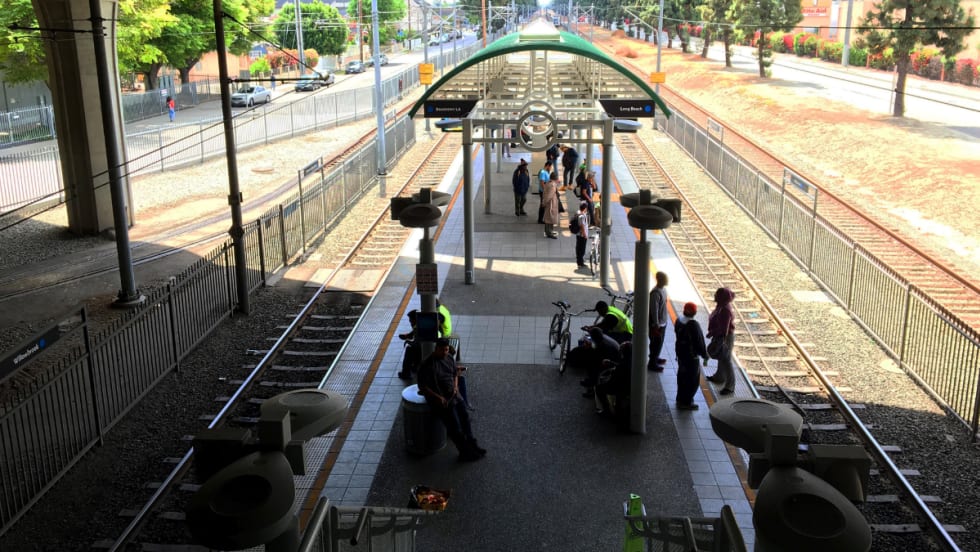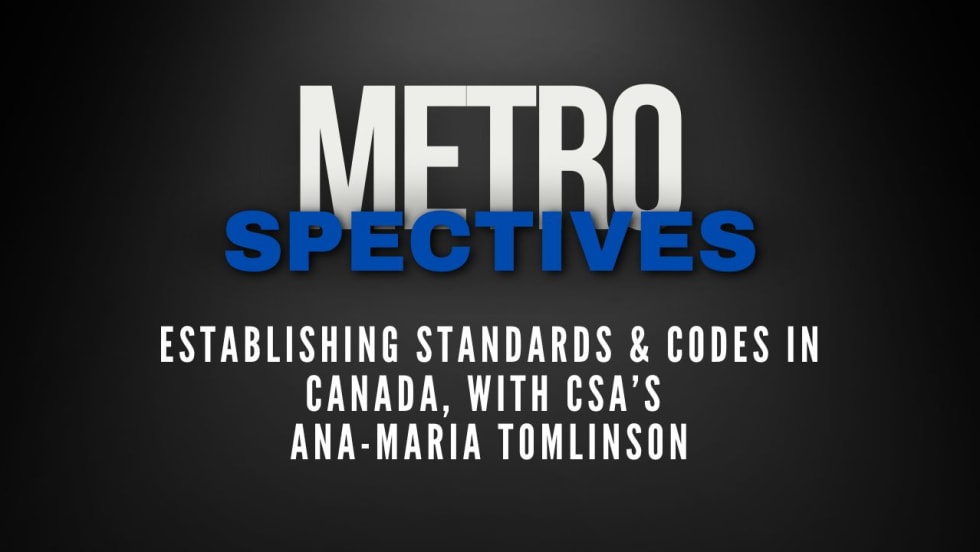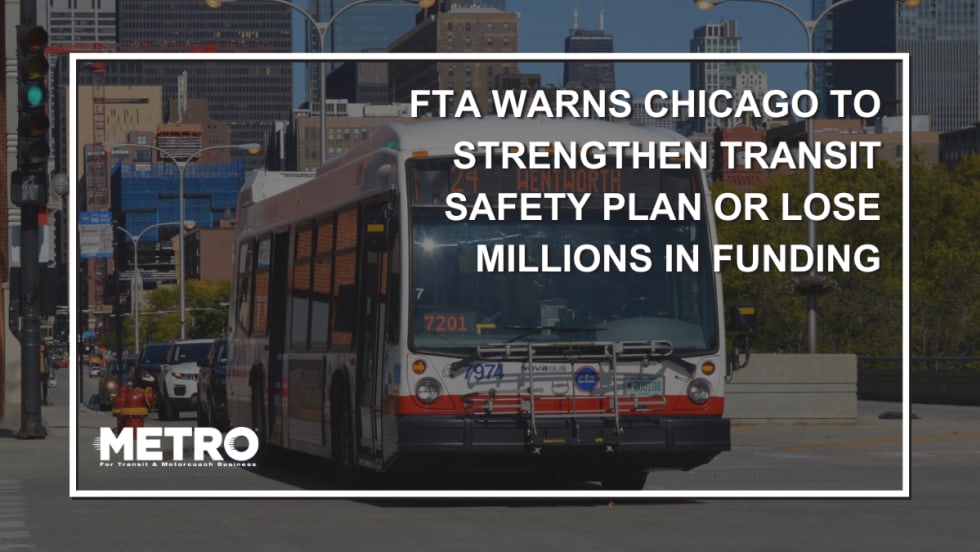The rising threat of cybersecurity has caught the nation’s attention with recent SolarWinds and Microsoft server breaches, the attack against the Colonial Pipeline, and attacks against transit systems including the Bay Area Rapid Transit (BART), Southeast Pennsylvania Transportation Authority, and Vancouver’s TransLink, among others. The latest Mineta Transportation Institute (MTI) perspective, “Will the Biden Administration’s ‘Made in America’ Executive Order Present Significant New Cybersecurity Obligations for Transit Operators?,” analyzes how a series of Executive Orders (EOs) and laws over the past several years impact transit operators.
Cyberattacks based on security or software flaws are certainly common, but the easiest path for a cyber attacker to follow is gaining physical access to a part of a desired system. Executive Order 14005, also known as “Made in America,” acknowledges this significant risk and mandates greater scrutiny of the origin of computer hardware and its associated supply chain. A hostile nation or other nefarious actor, for example, could easily partner with a local manufacturer to create a sophisticated “back-door” that could be exploited to inflict significant damage in a product destined for the U.S.
In addition, President Biden issued EO 14024, Blocking Property with Respect to Specified Harmful Foreign Activities of the Government of the Russian Federation, in response to persistent Russian cyberattacks in April 2021, and EO 14028, Improving the Nation’s Cybersecurity, in May.
Considering these EOs, transit providers and their respective vendors should take into account the following findings:
The supply chain restrictions in multiple Executive Orders suggest that U.S. transit agencies will likely need to find new sources for multiple products, including items purchased from or containing components produced by Huawei and other Chinese providers.
More sourcing limitations are likely to reduce the number of acceptable vendors, potentially increasing the cost of goods.
Transportation executives should educate themselves about the exemption processes associated with each of the EOs, the government agency staff leading the efforts (they are a good resource for EO interpretation or clarification), and, when needed, take action to file an exemption request.
“The ‘Made in America’ EO and similar directives demonstrate a level of consistency in U.S. policy across party lines. This means that future policies aimed at making the U.S. supply chain more resilient are unlikely to deviate much from the current playbook,” explain the authors.
Because America depends on its transportation infrastructure, transit will likely remain a prime target for nefarious actors seeking to disrupt communities. As technology evolves to enable the industry’s goals, operators and experts must adapt and prepare for the risks today and in the years to come.
To view the report, click here.



